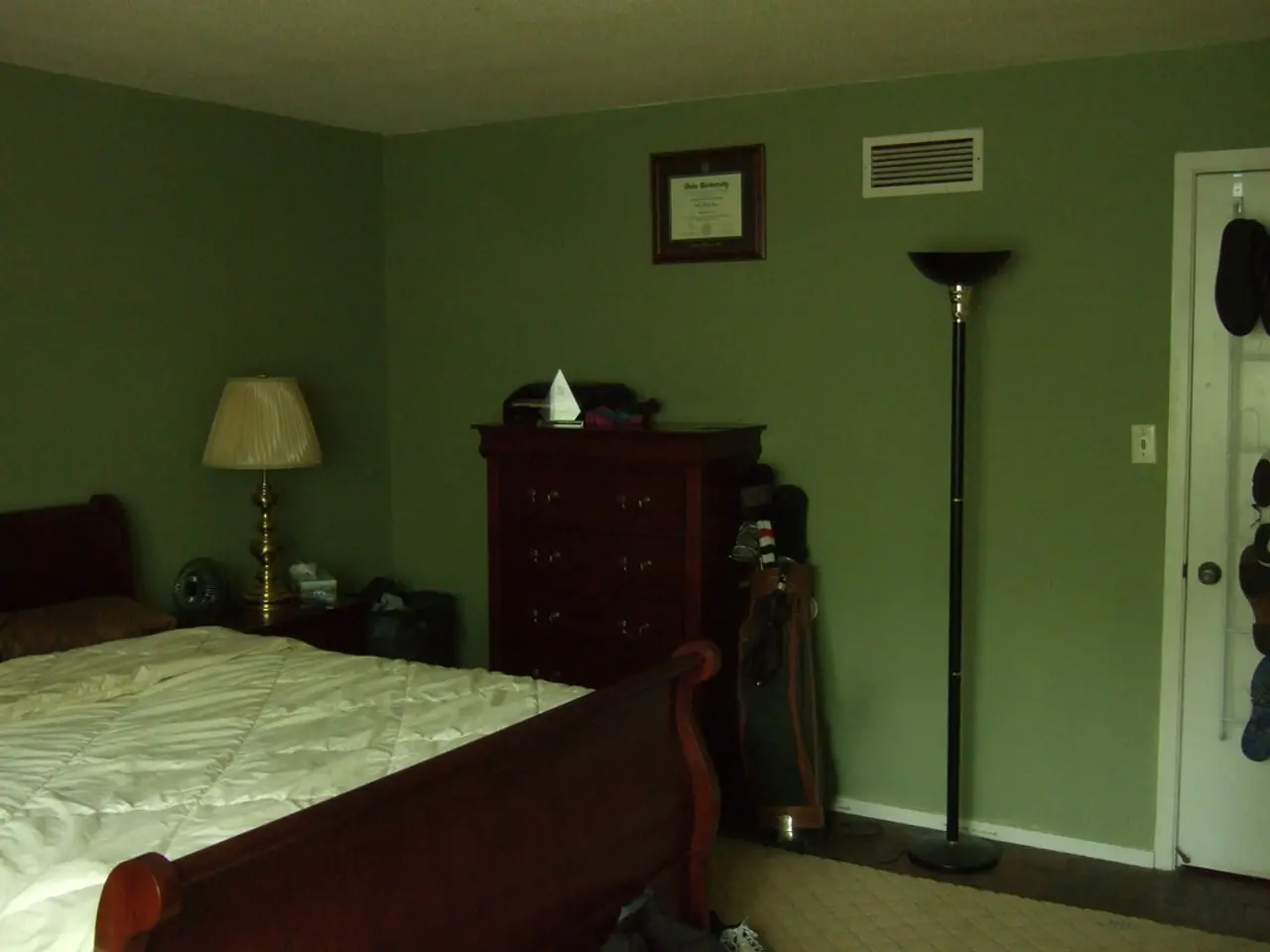Guidelines for Acquiring a Home Loan
In the exciting journey of buying a home, understanding the mortgage application process is a crucial step. This guide aims to provide a clear and concise overview of the process, from preapproval to closing.
Firstly, it's essential to establish the appropriateness of an offer with an appraisal and ensure the property can be transferred through a title search, conducted by a title company.
When searching for the right mortgage, consider factors such as interest rates, the annual percentage rate (APR), whether you'll need to pay for mortgage insurance, and the loan term. Mortgages come in two main types: fixed-rate, with a consistent interest rate throughout the loan, and adjustable-rate mortgages (ARMs), which have an introductory rate that adjusts based on a market index.
Preapproval is a vital step in the process. A lender will determine the amount they're willing to lend based on your finances. However, preapproval doesn't guarantee a mortgage, as the final decision comes from the underwriting department. Preapproval involves more documentation and a hard credit check compared to prequalification.
Closing costs, typically totaling between 2 and 5 percent of the loan's principal, are the fees you'll pay to finalize the mortgage. You'll also be responsible for escrow payments and should expect to spend around 1 to 4 percent of the home's price on annual maintenance and repair costs.
The closing process involves confirming seller ownership, paying closing costs, and reviewing and signing documentation. Borrowers with strong credit scores, typically in the 700s, receive the best loan offers, but those with lower scores may still qualify for a mortgage, albeit with higher interest rates.
To improve your credit score for a mortgage, follow these steps: check and review your credit reports for errors, make all payments on time, pay down high-interest debts, avoid applying for new credit before closing, keep credit inquiries for mortgage shopping within a short timeframe, rebuild good credit history for at least a year before applying, and consider working with a consumer credit counseling program if you have credit issues.
Lastly, a mortgage broker can help navigate loan options and potentially secure more favorable terms than self-application. Building up your cash reserves is equally important, with many experts recommending having the equivalent of six months' worth of mortgage payments in a savings account, in addition to your down payment.
For first-time homebuyers, an FHA loan might be a good option, as it requires only 3.5 percent down if you have at least a 580 credit score. If you're able to save for a down payment of 20 percent or more, you may improve your loan eligibility and reduce mortgage insurance costs, indirectly facilitating better loan terms.
By following these strategies, you can raise your credit score and strengthen your mortgage application prospects. Happy home buying!
In the process of searching for the right mortgage, one should consider factors such as mortgage rates, personal finance, and the types of mortgages available, like fixed-rate and adjustable-rate mortgages. Building up personal-finance reserves is important, with experts recommending having six months' worth of mortgage payments in a savings account, in addition to your down payment.








